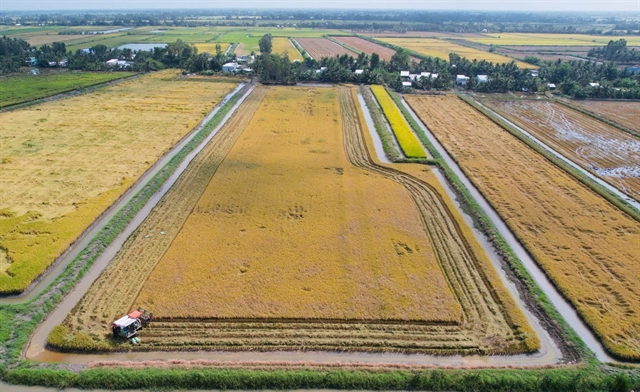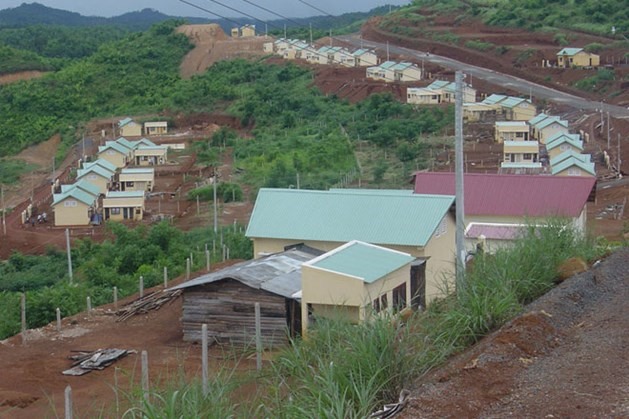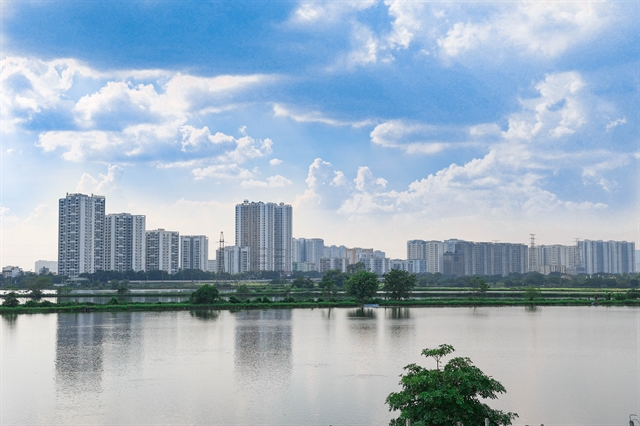 Society
Society

People in Đắk P’lao Commune of Đắk G’long District in the Tây Nguyên (Central Highlands) province of Đắk Nông do not yet have stability eight years after resettling for the hydropower plant, reported online newspaper baotintuc.vn.
 |
| The resettlement project in Đắk P’lao Commune of Đắk G’long District. – Photo laodong.com.vn |
ĐẮK NÔNG — People in Đắk P’lao Commune of Đắk G’long District in the Tây Nguyên (Central Highlands) province of Đắk Nông do not yet have stability eight years after resettling for the hydropower plant.
The compensation has not yet been completed and many households have not been provided land to cultivate.
Despite living in the resettlement area for more than eight years, the family of Đỗ Văn Dung received no agricultural land.
“Under the resettlement plan, my family should be provided 1,000sq.m of land for housing and on hectare for cultivation,” Dung told Vietnam News Agency.
For the first years of resettlement, his family was given some food as resettlement assistance by the hydropower plant project. But now the assistance has been cut off, and they still have no land to cultivate. Compensation money for plants was not paid. His family has been suffering.
“Our lives were miserable for eight years,” said the 60-year-old man. “We were counting every day on getting land and compensation money.”
Dung’s family is one of hundreds of households in the resettlement areas of Đắk P’lao Commune.
The households said that they had repeatedly petitioned project investors and local authorities but their complaint had not been resolved.
The expectation of most of the households was that the investors and authorities would allocate production land or cash in order to buy land elsewhere and pay compensation to stabilise their lives.
According to K ’Lớ, party secretary of Đắk P’lao Commune, all the people in the commune in the area of Đồng Nai 3 hydropower plant moved to the new settlement in 2010.
Most of the 432 households are ethnic minorities.
The resettlement plan stated each household would be allocated 1,000 m2 of residential land and one hectare of land for cultivation, said K’Lớ. But so far they have not gotten any land.
Because the reallocated households were not provided production land, there were 42 households still living in the plant’s reservoir area, he said.
The main reason was that the land offered by the project investors was not eligible for production and was in dispute, said K’Lớ.
The investors had reclaimed 650ha of forest to serve the purpose, but the people did not get the land because its slope, dry soil and lack of water resources made it unsuitable for cultivation.
The investors later reclaimed another 260ha of land and provided it to the settlers, meaning another 200 households were still left without the land they had been promised.
There were also land disputes between households that caused security concerns in the locality.
Until the situation can be resolved, the poor settlers will continue to bear the burden. — VNS




